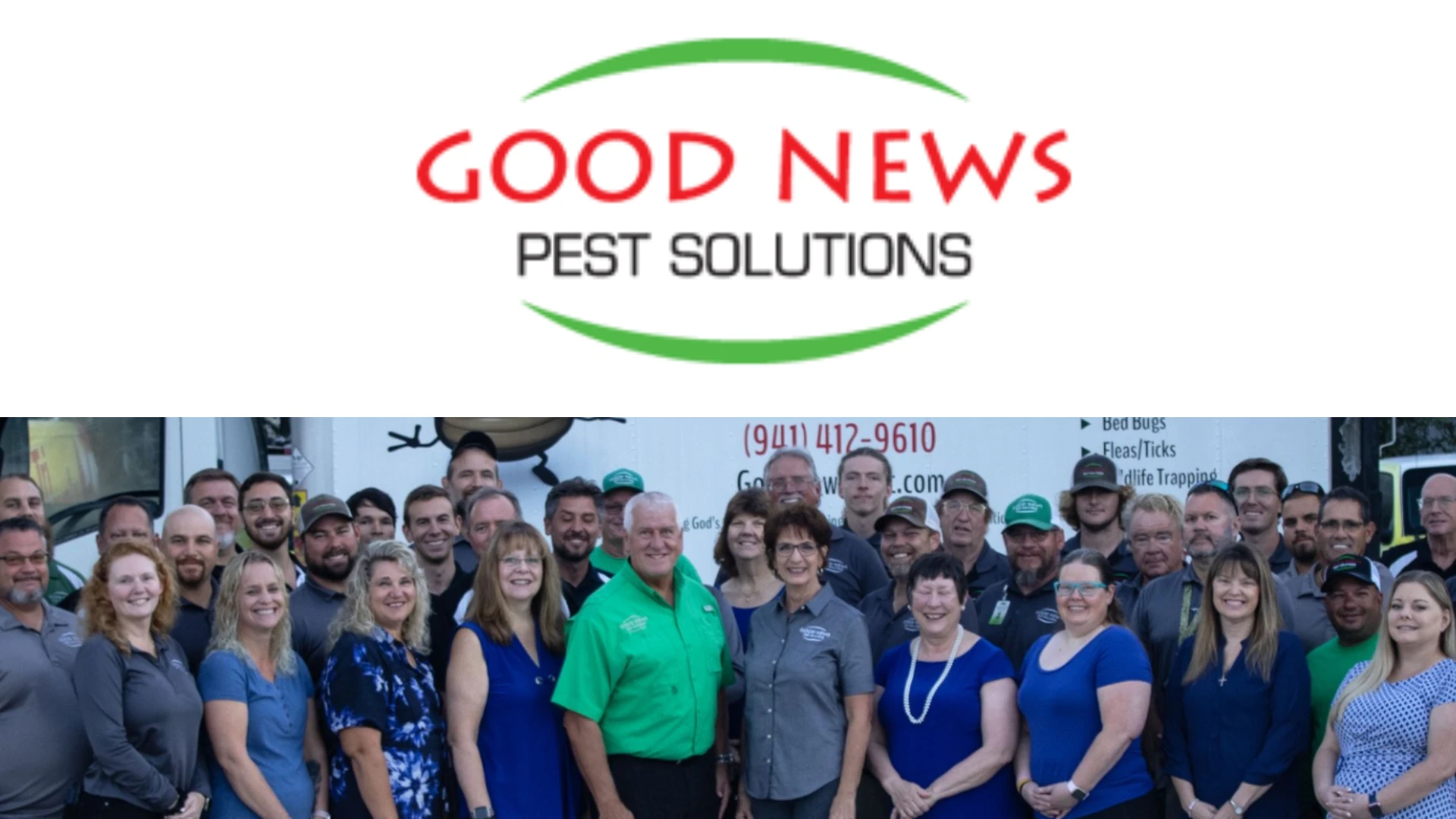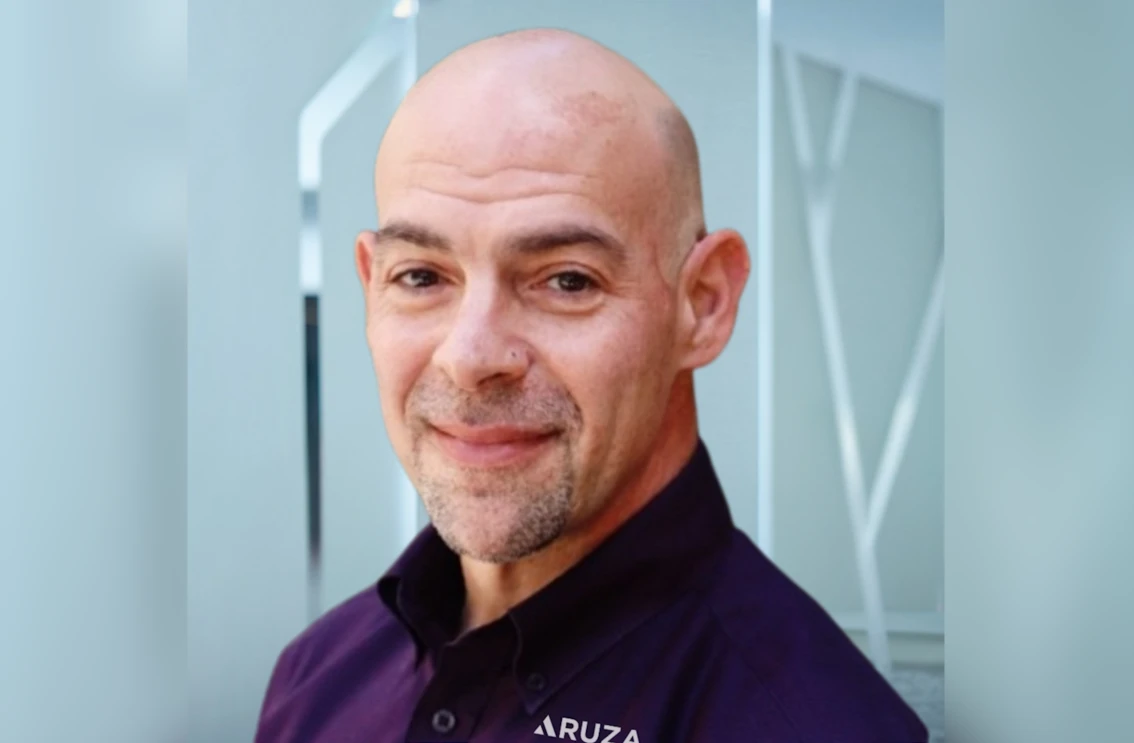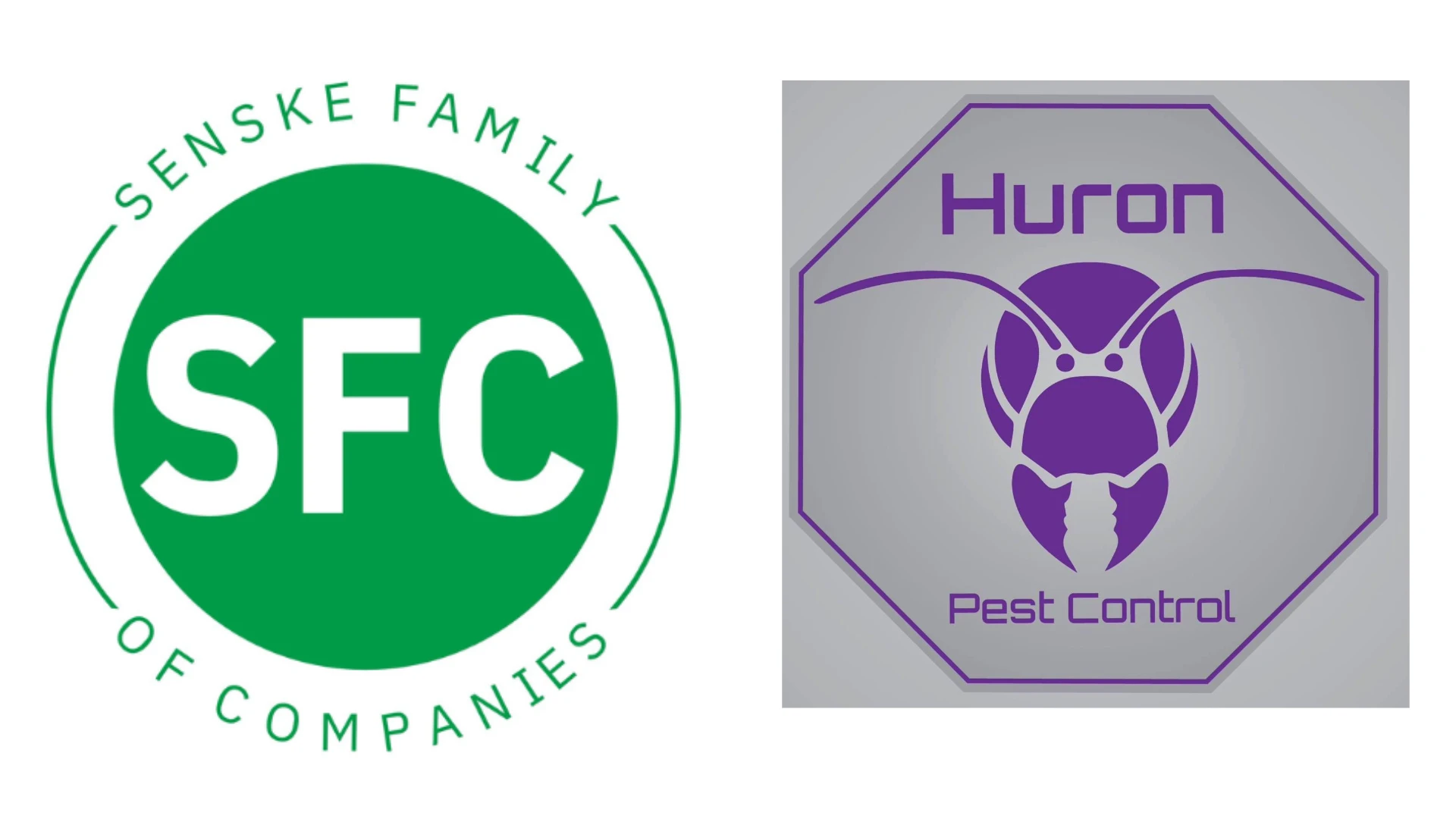
Jump back 10 years in time and imagine a customer calling their local pest management company at 11:30 a.m. and seeing if a technician could be out by 3:00 p.m. that day to treat for their Argentine ant problem.
The call was not an emergency. There was no yellowjacket nest that needed to be removed ASAP. The customer simply wanted their service done that day.
Would your company have been capable of meeting this customer request? Would you have had a technician available to deviate from their scheduled route to perform the service? The answer is probably not.
In today’s society everything comes faster and consumer buying habits — and patience levels — mirror that trend. Consumers want to make their purchases faster and with as little “paperwork” as possible — a fact that is not lost on pest management professionals looking to meet that need.
“We see more customers who are not satisfied when you tell them you will be there the day after tomorrow when they call for service,” says Dennis Jenkins, president of ABC Home & Commercial Services, Dallas, Texas. “But if we say we can be there at 5 tonight when they get home from work they jump right on it.”
This isn’t to say on-demand “Uber-like” pest control services where technicians arrive 20 minutes after you call will become the norm for the industry. However, shortening the time between a customer’s initial inquiry and a technician arriving on their doorstep is something PMPs need to pay attention to.
Can an industry — who’s Holy Grail is finding the ideal route efficiency to maximize productivity and profit — make such a change?
Jenkins says yes but it will require adjustments.
“As an industry we need to be quicker and nimbler in our scheduling,” says Jenkins. “This will require not only changes to how we route our technicians but a change in culture.”
For one- and two-person independent operators the Uber-approach is well-suited. They only take work they want or that is close to them. They may offer a limited list of services, but for the consumer looking for a quick fix to their pest control problem this solution might work.
The freedom this approach offers is attractive to the Millennial generation, but the downside is can these companies survive on three to four jobs a day?
Another downside for owners and managers is the risk of employees doing side work using company vehicles and/or equipment and product.
“Owners and managers will have to establish safeguards to protect against this such as GPS systems on trucks, handheld devices and even equipment,” says Jenkins, who acknowledges there is little a company can do if a technician does side jobs using his own vehicle and equipment. “Ideally we will keep technicians busy and compensated well-enough that they won’t entertain the idea.”
A CULTURAL CHANGE. ABC Dallas offers guaranteed same-day service for customers who call before noon and guaranteed next day before noon service if they call after 12:00 p.m. The service is growing slowly but for the impatient or overscheduled customer it is the perfect solution.
To deliver same-day service companies usually take one of two approaches — identify greater efficiencies in existing routes or reduce the number of stops and add a new route.
ABC has followed the former model and adjusted their routing and service protocols to service the same amount of accounts in less time and create a block of time at the end of day that is designated for new customers or same-day call-ins.
ABC technicians are required to call in when they complete their scheduled route each day to see if there are any new accounts that need to be serviced.
“Our technicians are scheduled to be done by 4:00 p.m. but are still available until 6:00 p.m. if there are accounts to be serviced,” says Jenkins.
ABC has also doubled the number of technicians dedicated to new starts from four to eight and staggered the work hours for its customer service staff to handle customer calls from 7:00 a.m. to 7:00 p.m.
Adjusting the number of stops on a route or adding a new route and technician to achieve better efficiencies is nothing new for a veteran PMP like Jenkins but transforming a culture is a whole different ball of wax.
Jenkins says changing a technician’s mentality from “I am done with my route when I have completed that day’s schedule” to one that embraces the challenge and opportunity of adding new stops does not happen overnight.
“Getting folks in the right mind-set to embrace this new business model has been a challenge,” says Jenkins, who recently lost a productive veteran technician to a competitor because he didn’t believe in the model. “They must have a sales mentality and be hungry to seek and take on new work.”
The payoff is additional income for the technician and a satisfied customer who knows they can rely on ABC to provide quality service that fits their schedule.
It also provides ABC’s in-field and online sales staff with the confidence that they can meet a customer’s request faster and thereby deepen the relationship.
“Making this switch isn’t driven from the top down, it is driven by the technicians,” says Jenkins. “We are seeing an infectious attitude with our new hires that embrace the concept.”
The author is a PCT contributing writer and can be contacted at jfenner@gie.net.
WANT MORE?
Enter your email to receive our newsletters.

Explore the July 2016 Issue
Check out more from this issue and find your next story to read.
Latest from Pest Control Technology
- Webinar: Employee Incentives — Going Beyond the Annual Raise
- Pest Control Companies Helping Neighbors in Need Eradicate Bed Bugs
- Why Does Marketing Feel So Opaque?
- How Did This Pest Get Its Name?
- Rose Pest Solutions Honors Top Performers with Annual Chief’s Club Awards
- Doug Foster on Termite Control Equipment, Resources
- Pest Control Consultants Acquires EcoGuard Pest Control
- Pest Index Increased 9 Percent YOY in February





